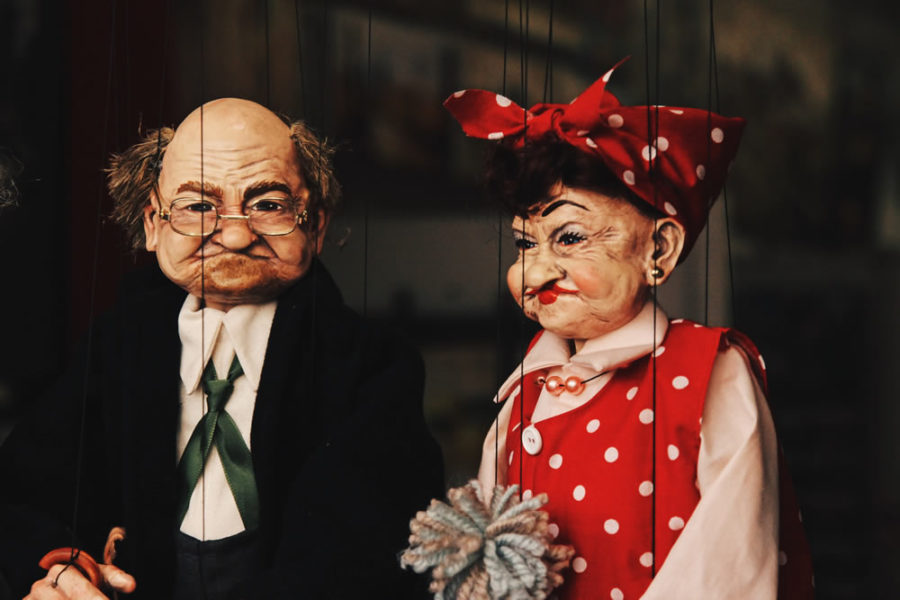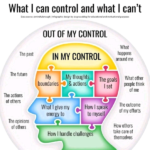
Below is a reprint of Mark Manson Jan 11th post on changing one’s mind. Life can be quirky. An hour ago I made a note to write on how most of us operate with conviction – without researching what we have decided is “right.” Now I don’t have to. Manson did it for me.
I have followed Ray Dalio for years but I didn’t know about his beginnings. Interestingly, most of us put our intellectual money “where our mouth is.” We join a “pack” and would rather die than change our minds.
In the 1980s, Ray Dalio thought the stock market was about to collapse. He was sounding the alarm to anyone who would listen, which didn’t make him many friends at the time.
He put his money where his mouth was, though, betting against just about every company he could.
And it turned out that he was dead fucking wrong.
The stock market went on a multi-year bull run, setting new record highs and making a lot of people filthy rich in the process. The gaudy ’80s were in full swing, complete with big brick cell phones, even bigger perms, and cocaine-fueled office parties.
But Ray Dalio didn’t get to join in the parties. He went flat broke. He had to borrow money from his father just to pay bills and buy groceries for his family.
Today, though, Dalio’s hedge fund, Bridgewater Associates, manages over $1 trillion in assets, which is more than any other hedge fund in the world. He’s now considered one of the world’s foremost macroeconomic thinkers.
What changed?
Sure, Dalio was smart. He was well-connected. And hell, he probably got lucky here and there. But there are plenty of smart, well-connected, and lucky investors in the world. What Dalio learned to do well was entirely different:
Ray Dalio learned how to change his mind.
In fact, after his major fuck up in the 1980s, he made a point of making it a point to change his mind. He created meetings with researchers where the whole point was for them to show him how he was wrong. He fostered a culture within his office where not only were employees encouraged to challenge their bosses, but they were expected to.
He surrounded himself with really, really smart people who disagree with him regularly.
Dalio decided that he wanted to see the holes in his logic. He wanted to know all the ways he’s wrong so he can be less wrong.
The fact is, we’re all wrong about most everything. We shouldn’t trust ourselves too much. Not only are we full of biases and screwed-up beliefs, there’s also the simple fact that we aren’t aware of all the things we don’t know.
But, like Dalio, we can be less wrong if we work at it.
We’re fallible creatures. And the sooner we accept that fact—instead of always trying to be “right”—the sooner we can get past our own bullshit and maybe even make the world a little better around us.
He put his money where his mouth was, though, betting against just about every company he could.
And it turned out that he was dead fucking wrong.
The stock market went on a multi-year bull run, setting new record highs and making a lot of people filthy rich in the process. The gaudy ’80s were in full swing, complete with big brick cell phones, even bigger perms, and cocaine-fueled office parties.
But Ray Dalio didn’t get to join in the parties. He went flat broke. He had to borrow money from his father just to pay bills and buy groceries for his family.
Today, though, Dalio’s hedge fund, Bridgewater Associates, manages over $1 trillion in assets, which is more than any other hedge fund in the world. He’s now considered one of the world’s foremost macroeconomic thinkers.
What changed?
Sure, Dalio was smart. He was well-connected. And hell, he probably got lucky here and there. But there are plenty of smart, well-connected, and lucky investors in the world. What Dalio learned to do well was entirely different:
Ray Dalio learned how to change his mind.
In fact, after his major fuck up in the 1980s, he made a point of making it a point to change his mind. He created meetings with researchers where the whole point was for them to show him how he was wrong. He fostered a culture within his office where not only were employees encouraged to challenge their bosses, but they were expected to.
He surrounded himself with really, really smart people who disagree with him regularly.
Dalio decided that he wanted to see the holes in his logic. He wanted to know all the ways he’s wrong so he can be less wrong.
The fact is, we’re all wrong about most everything. We shouldn’t trust ourselves too much. Not only are we full of biases and screwed-up beliefs, there’s also the simple fact that we aren’t aware of all the things we don’t know.
But, like Dalio, we can be less wrong if we work at it.
We’re fallible creatures. And the sooner we accept that fact—instead of always trying to be “right”—the sooner we can get past our own bullshit and maybe even make the world a little better around us.
(…)




























